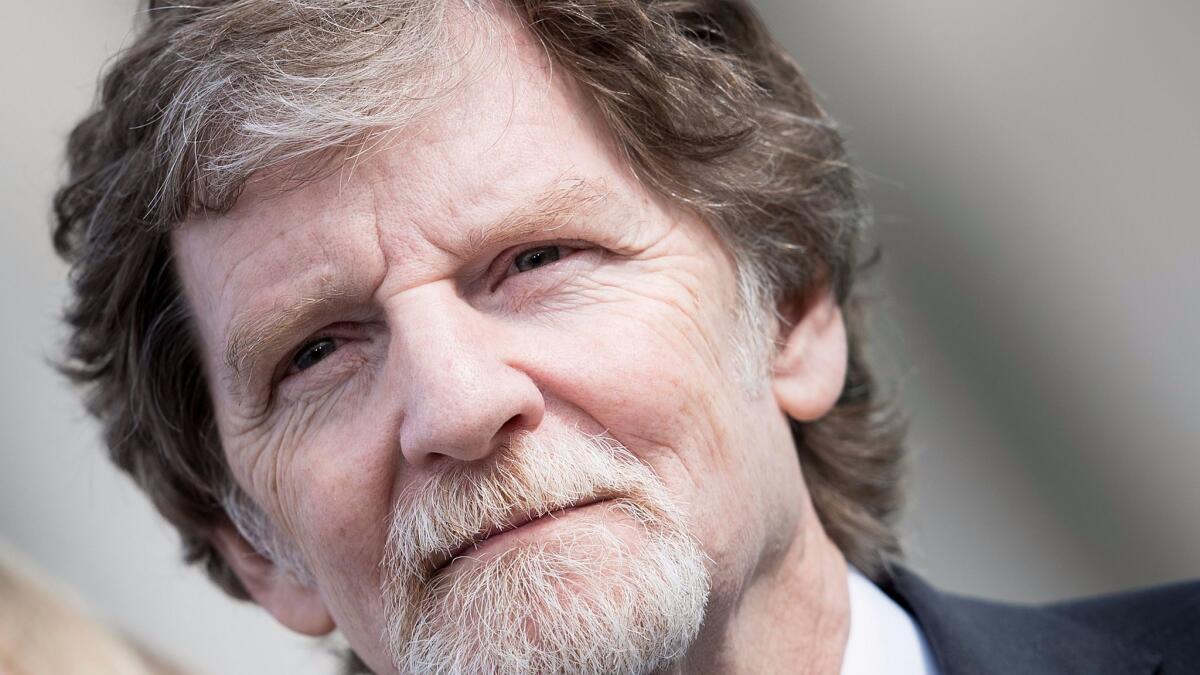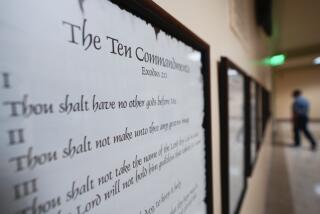Court weighs challenge to Colorado discrimination law

DENVER — A Colorado web designer should not have to create wedding websites for same-sex couples under the state’s anti-discrimination law because it would amount to forced speech that violates her religious beliefs, a lawyer told an appeals court Monday.
Kristen Waggoner, a lawyer for Alliance Defending Freedom, told a three-judge panel of the 10th U.S. Circuit Court of Appeals in Denver that the issue for designer Lorie Smith, who is a Christian, is the message and not the customer.
“No one should be forced to express a message that violates their convictions,” Waggoner said during the virtual hearing.
She is trying to revive a lawsuit challenging the state’s law, which her group also targeted on behalf of Colorado baker Jack Phillips in a case decided in 2018 by the U.S. Supreme Court.
The high court decided the Colorado Civil Rights Commission had acted with anti-religious bias against Phillips after he refused to bake a cake for two men who were getting married. But it did not rule on the larger issue of whether a business can invoke religious objections to refuse service to LGBT people.
On Monday, Chief Judge Timothy Tymkovich asked what Smith would do if she was approached by a straight wedding planner asking her to create four heterosexual wedding sites and one for a same-sex wedding. Waggoner said Smith would not take that job.
Colorado Solicitor General Eric Olson questioned whether Smith should even be allowed to challenge the law since she has not started offering wedding websites yet.
But if she did, he said her argument would mean she would refuse to create a website for a hypothetical same-sex couple named Alex and Taylor but agree to make the same one for an opposite sex couple with the same names. He said that would be discrimination under the Colorado Anti-Discrimination Act, which prohibits discrimination on the basis of sexual orientation.
In the case of Phillips, the owner of Masterpiece Cakeshop, Olson said the Supreme Court could not agree on whether cakes are a form of expression. However, he said a subjective decision about whether a company’s service amounted to speech was not a workable way of determining discrimination.
“The company cannot discriminate who it serves based on a protective class status,” he said.
However, a divided three-judge panel of the 8th U.S. Circuit Court of Appeals last year found in favor of two Christian filmmakers who said they should not have to make videos celebrating same-sex marriage under Minnesota’s anti-discrimination law because the videos are a form of speech protected by the First Amendment.
The court reinstated the lawsuit brought by Carl and Angel Larsen of Telescope Media Group in St. Cloud. They also are being represented by the Scottsdale, Ariz.,-based Alliance Defending Freedom, which was found in 1994 by Christian leaders concerned about religious freedom.
More to Read
Sign up for Essential California
The most important California stories and recommendations in your inbox every morning.
You may occasionally receive promotional content from the Los Angeles Times.









